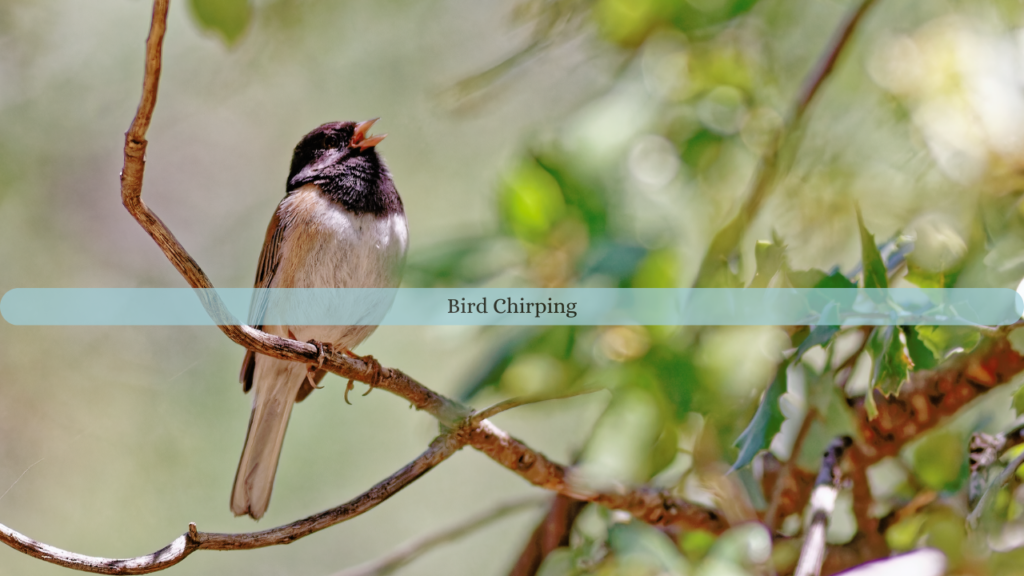
For centuries, humans and animals have shared an inseparable bond. This relationship is more than just companionship; it often plays a significant role in emotional healing. Whether it’s a dog wagging its tail after a long day, a cat curling up in your lap, or even the simple presence of a bird chirping in the morning, animals provide more than just physical company—they offer an emotional sanctuary.
The Science Behind Emotional Healing and Pets
Research has consistently shown that animals can help reduce stress, anxiety, and depression. This is largely due to the release of oxytocin, sometimes referred to as the “love hormone.” Oxytocin is released when we engage in positive interactions with animals, such as petting, playing, or simply spending time with them. It promotes a sense of calm, trust, and bonding. Studies have revealed that spending just 15-30 minutes with a pet can lower cortisol levels (a stress hormone) and boost mood-regulating neurotransmitters like dopamine and serotonin.
Moreover, pets provide routine and a sense of purpose. For individuals dealing with depression, anxiety, or even trauma, having a routine can be incredibly beneficial. Feeding, walking, and caring for an animal gives people something to focus on beyond their own internal struggles, helping them feel grounded.
Emotional Healing in Action: Animal-Assisted Therapy
Animal-assisted therapy (AAT) has become a well-recognized method of emotional support, especially in healthcare settings. Dogs, horses, and even smaller animals like guinea pigs are used in therapy to assist individuals coping with emotional and psychological challenges. The mere act of interacting with animals in a structured therapeutic environment has been shown to reduce symptoms of PTSD, anxiety disorders, and depression.
For instance, therapy dogs are frequently brought into hospitals, nursing homes, and rehabilitation centers to interact with patients. Their presence alone is enough to shift the atmosphere from one of stress and uncertainty to one of comfort and relief. Veterans dealing with post-traumatic stress disorder (PTSD) have found solace in working with service dogs. These animals not only provide companionship but also help with grounding techniques during moments of anxiety or flashbacks.
Equine therapy, which involves interacting with horses, has also gained traction as an effective way to promote emotional healing. Horses are incredibly sensitive to human emotions, and working with them can teach individuals how to regulate their emotions and build trust. This method has been particularly useful in helping individuals who have experienced trauma rebuild their self-esteem and sense of control over their lives.
Pets and Grief: Healing Through Loss
One of the most profound areas where pets help with emotional healing is in times of grief. Losing a loved one, whether it’s a friend, family member, or even another pet, can leave a gaping emotional void. Pets, through their consistent affection and presence, help to fill that void with love and comfort. They don’t ask for much, just to be near you, and in their simplicity, they offer the healing presence that many people need during their darkest times.
In many cases, grieving individuals report that their pets are what got them through the day. The unconditional love provided by animals reminds people that they are not alone, even in their sorrow. Pets offer a constant, non-judgmental presence, providing emotional support without words.
Conclusion
The therapeutic power of pets goes beyond simple companionship. Animals are, in many ways, natural healers, helping humans navigate the complexities of emotional pain, grief, and mental health challenges. Whether it’s through animal-assisted therapy or the daily interactions we have with our furry friends, pets provide a unique form of emotional healing that is both subtle and profound. Their love, loyalty, and presence remind us that, even in our toughest times, we are never truly alone.